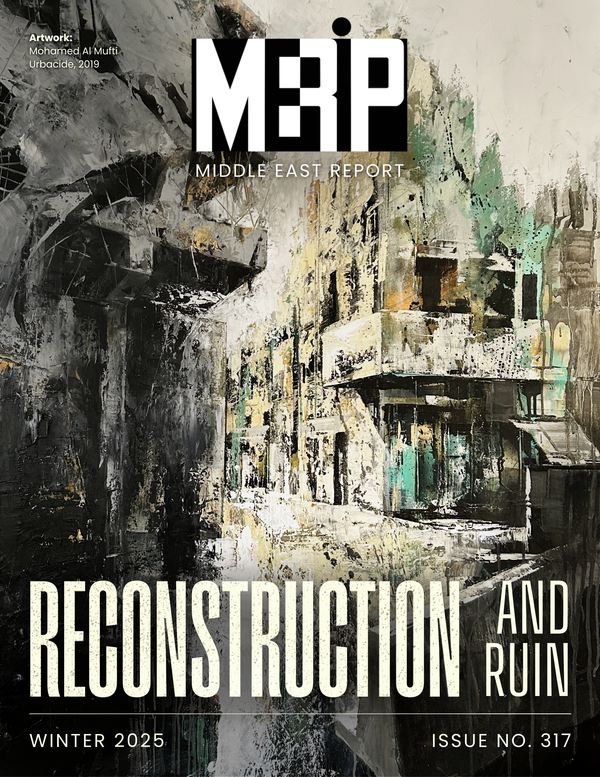Beinart's Boycott
The New York Times has done it again. For the second time in a month its op-ed page features an article calling for a (qualified) boycott of Israeli products. The latest installment [http://www.nytimes.com/2012/03/19/opinion/to-save-israel-boycott-the-settlements.html?_r=1&ref=opinion&pagewanted=all









